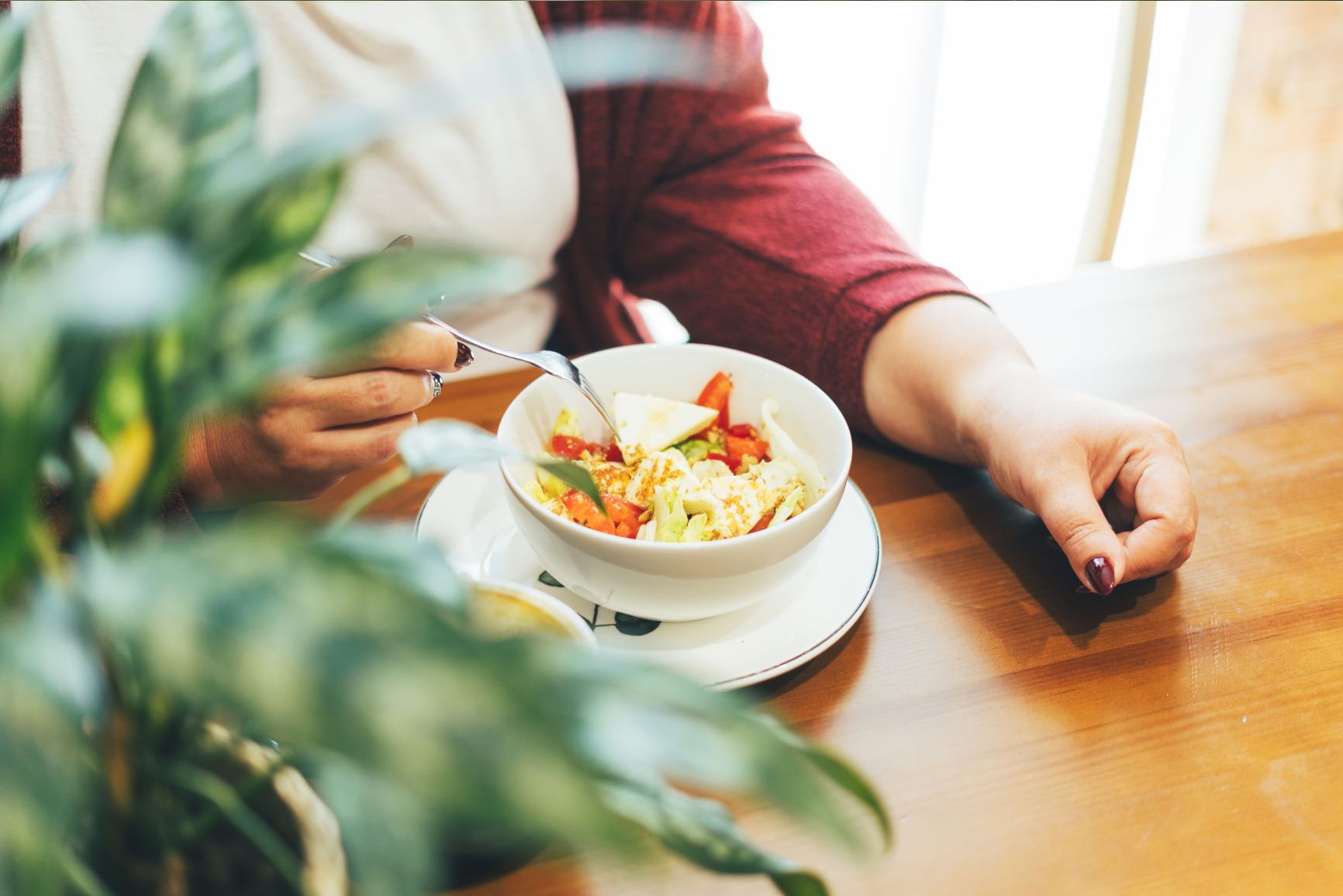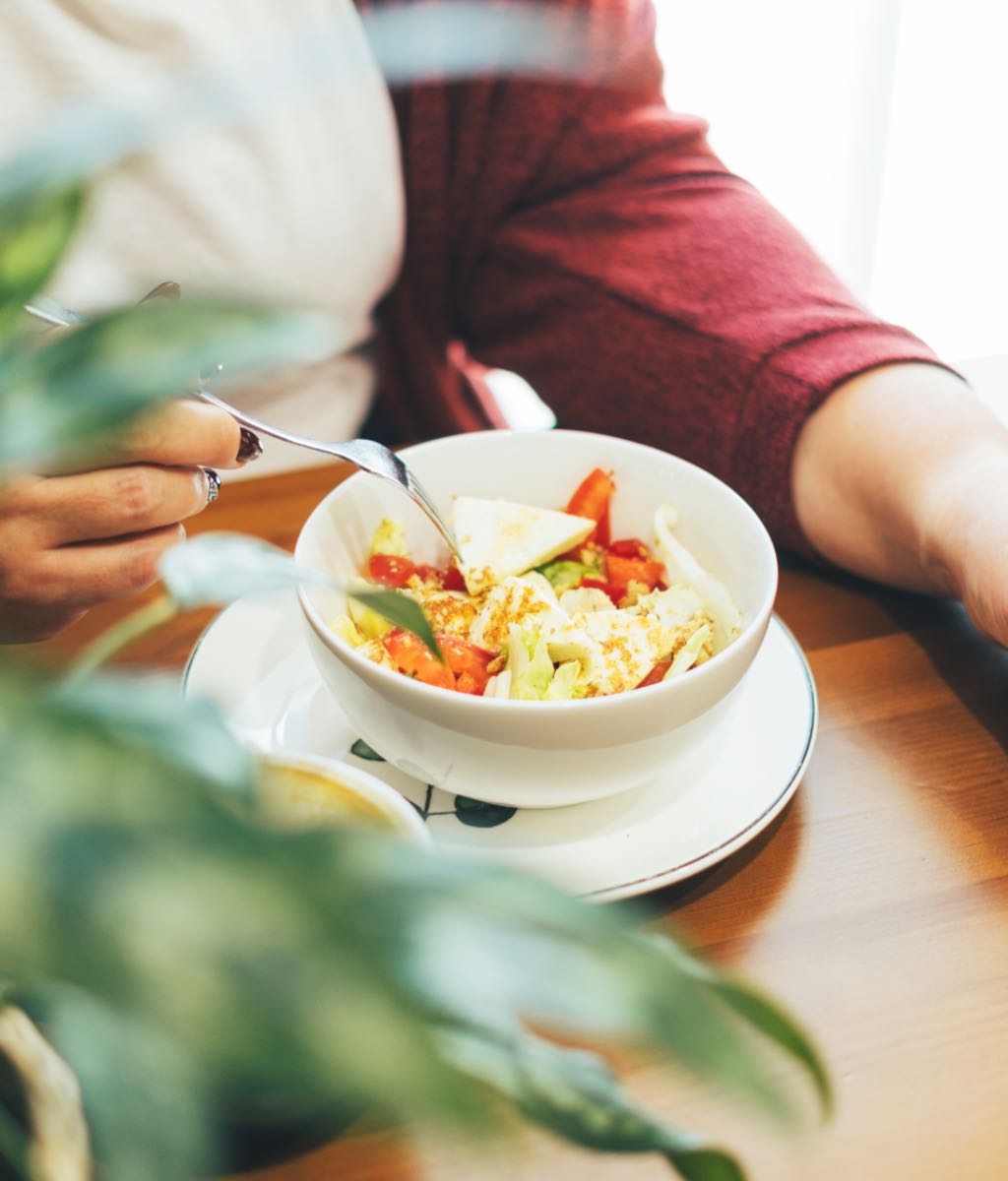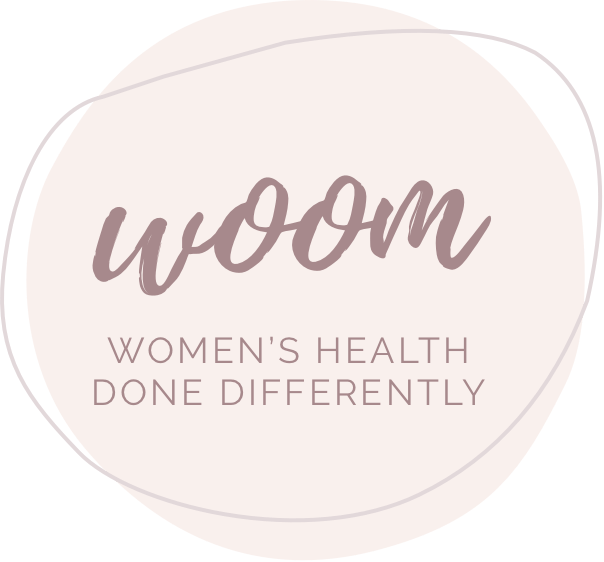Women’s health dietitian Perth


Fertility dietitian Perth
between weight and fertility ?
Seeing your dietitian might not be the first thing you think about when you are trying to conceive. But what if you have been told you should lose weight to increase your chances of falling pregnant?
Can the team at Woom help you lose weight?


Even though weight isn’t the only factor in a successful pregnancy, being overweight can reduce fertility in both men and women. Studies show that for every body mass index (BMI) point above 29, fertility drops by 4%. The good news is that losing as little as 5% of body weight can improve your fertility.
We help you with a holistic approach to diet and fertility. With women who are trying to fall pregnant, we use the combined knowledge from different corners of science and medicine: nutrition, stress and sleep management, emotional eating and weight management psychology for example.

Dietitian Perth
Perth dietitian with a special interest in infertility
We work with women of all sizes to improve their chances of falling pregnant. Sometimes we help women gain weight to optimise their fertility. In other situations, we manage weight to improve egg health or the pattern of your ovulation cycles.

Dietitian Perth
The goal can be to improve your chances of spontaneous conception or to prepare for IVF. If you are planning any type of assisted reproductive therapies, then our diet advice focuses on improving your chances of success and of bringing your baby to full term.
Our approach at Woom in West Perth is about your unique situation: we talk about your medical and diet history and we work together to develop a plan that suits you.
If we work on weight gain, we will always make sure that your plan aligns with your values and your dietary needs.
Fertility dietitian Perth
It’s another commonly asked question: ‘I have endometriosis. Does an endometriosis diet exist? And can it help me reduce pain and improve my chances to fall pregnant?’ Here at Woom in West Perth, our mission is to help you understand endometriosis and to empower you so we can manage it together. And this may include the help of our dietitian.
Women who had both IBS and endometriosis found significant improvements in pain, bloating and digestive issues on the low FODMAP diet. FODMAP stands for fermentable oligo-, di-, monosaccharides and polyols.
Research* suggests there is a high level of overlap between women who have irritable bowel syndrome and women who have endometriosis.

Perth dietitian
Endometriosis is an inflammatory condition, therefore consuming foods that reduce inflammation can ease your symptoms. So in other words, we use a diet that reduces inflammation, reducing the typical groups of carbs that trigger bloating, gas or stomach pain.
If you are trying to have a baby and you experience painful periods and back pain or always feel bloated… you might be experiencing symptoms of endometriosis. The good news is that modifying your diet is one of the best ways to reduce your endometriosis symptoms so we increase your chances of falling pregnant.
Here are some foods to focus on:
- Replace unhealthy fat consumption of refined oils, pastries, cakes and biscuits, processed meats and red meat with healthy fats including avocado, extra virgin olive oil, oily fish (eg salmon), nuts and seeds
- Reduce red meat intake and replace with plant-based sources of protein including lentils, chickpeas and tofu
- Increase your vegetable intake
- Include 2 serves of fruits high in vitamin C (eg kiwi fruit, strawberries and oranges)
You may also want to trial a relaxed version of the low FODMAP diet.
The first step is to come and see us at Woom. Your gynaecologist will help you get a clear diagnosis, and our dietitian will help you make the right choices to manage your endometriosis and optimise your chances of falling pregnant.
PCOS dietitian Perth
This is another situation where seeing our dietitian is really helpful.
In case you have been diagnosed with PCOS, we may recommend diet changes. The goal is double: to reduce your symptoms and to improve your chances to fall pregnant.
There is no cure for PCOS, however, lifestyle changes including diet can have a significant impact on your PCOS symptoms. Irregular periods, hair growth (hirsutism) and hair loss (alopecia), excess testosterone and insulin resistance are common symptoms of PCOS, and we know the syndrome can affect fertility. What’s more, women with PCOS sometimes struggle with their weight.


Whilst there are some medications that can help manage insulin resistance and high testosterone levels, lifestyle management including diet, exercise, stress reduction and sleep should be as part of first-line treatment for all women with PCOS.
With regards to diet, choosing foods that help to lower insulin resistance is a good place to start. Here are some tips:
- Choose 'smart' carbs - carbohydrates that are high in fibre and resistant starch for example brown Basmati rice, seedy crackers, quinoa, fruit, oats and include these in and around exercise.
- Eat healthy fats like omega-3 found in oily fish like salmon and trout.
- Limit red and processed meats. Research suggests that a high intake can increase inflammation. PCOS is an inflammatory condition so try not to add to it.
- Fill ½ of your plate with non-starchy vegetables for lunch and dinners.
These and other dietary changes can make a big PCOS difference. As part of our holistic women’s health here at Woom in West Perth, we coordinate the findings of your gynaecologist or your fertility specialist, with customised diet advice from our dietitian.
Fertility dietitian Perth
in fertility
When discussing women’s health with your gynaecologist or dietitian, you will come across information about the microbiome.
So what is the microbiome? We each carry around 2 kg of gut bacteria with us. Known as our gut microbiome, these bacteria play an important role in maintaining a healthy gut, and more broadly, our total health and wellbeing.
Our understanding of what constitutes a healthy gut is evolving. Previously we thought increasing so-called 'good' bacteria and decreasing so-called 'bad' bacteria was the key to a healthy gut. Now we know it's more about the diversity and balance of bacteria rather than 'good' or 'bad'.

Perth dietitian
When that balance is disturbed and the diversity decreased, you suffer the effects, and that’s generally in the loo in the form of either constipation or diarrhoea. However, we also know that imbalances in gut microbiota are found in PCOS, endometriosis, low testosterone in males, overweight/obesity, heart disease, autoimmune conditions and mental health conditions such as anxiety and depression.
Here at Woom, our dietitian and our fertility specialist work together to implement this recent research in our consultations, so you are empowered to take control of your health, whatever the nature of your gynaecological or fertility-related challenge or condition.
Dietitian Perth
can I see the dietitian at woom ?
We want to understand your relevant diet and medical history, your current meal pattern, home/work environment and food psychology. We then provide individualised nutrition and lifestyle advice, combined with mindset, habit change and motivation therapy.

Perth dietitian
- Meal proportioning/structuring advice
- A targeted meal plan
- Tools to help reduce emotional/stress eating
- Mindset therapy
- Addressing existing habits
- Education on diet-disease relationship
- Altering your home and/or work environment
Dietitian Perth
Is there a dietitian at woom Perth
available to help me with diet advice ?

Accredited Practising Dietitian (APD), Sports Dietitian, Speaker & Coach
Specialist Nutrition Programs at Woom
Nutrition and lifestyle management are first-line treatments for reproductive conditions including PCOS, endometriosis and/or sub-fertility

